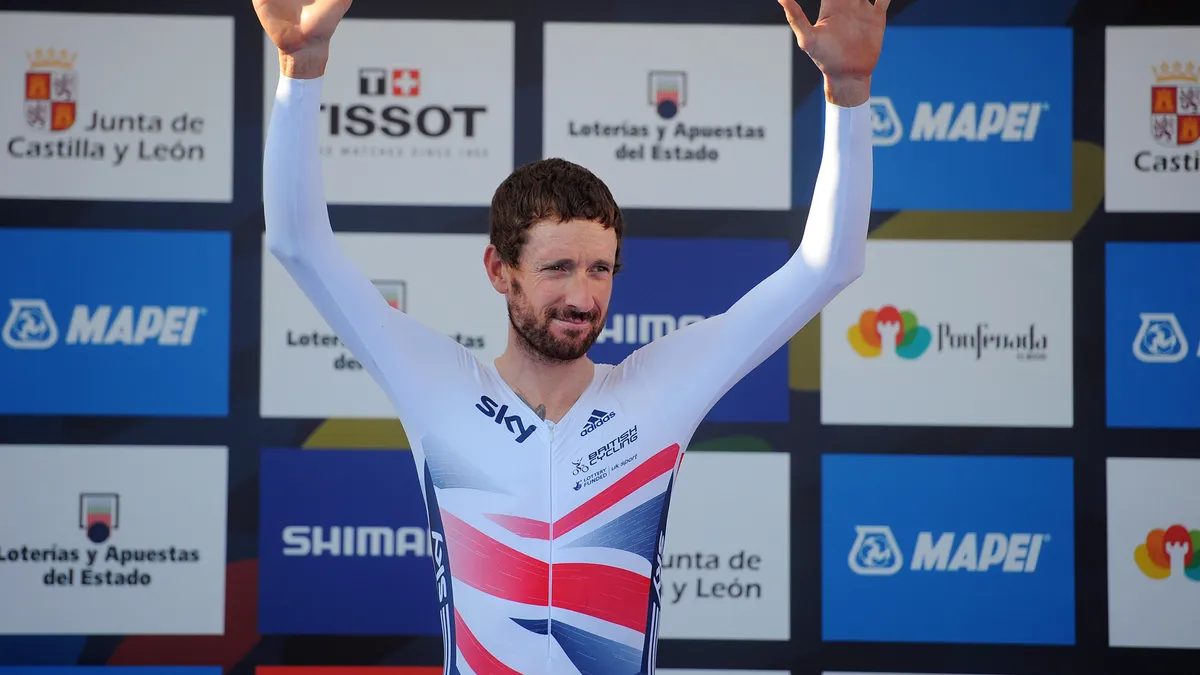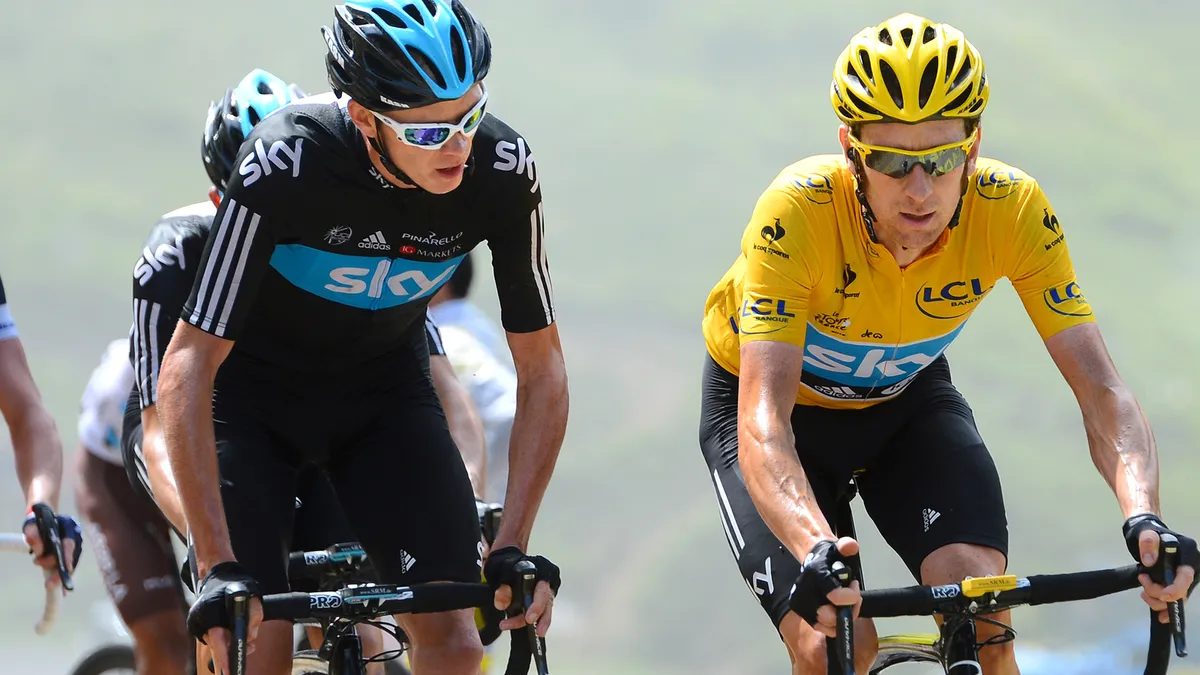In a world of marginal gains, pro cyclists such as those in the Tour de France focus on body composition to improve performance, and you can, too.
Bradley Wiggins is one of the riders whose weight loss has been well publicised in the past. During the 2009 Tour, Wiggins said: “Compared to the 2007 Tour, my weight loss means I’m carrying the equivalent of six bags of sugar less up a mountain. Shedding that weight is all that I can do to give myself the best chance on the climbs other than taking drugs, and I’m not going to do that.”
How do pro cyclists lose weight?
Many pros carefully count calories and weigh food to ensure they're only taking in the fuel they need to perform well in training and racing. One typical daily pattern is to eat a balanced breakfast, ride through lunch using energy products and then have an early main meal.
Wiggins, on the other hand, trained hard before breakfast to speed up his metabolism for the day. He also avoided gluten for two months, and abstained from alcohol completely.
Whatever the chosen method, pros aren't looking for overnight weight loss — it's a gradual process over a period of many months, never losing too much weight too quickly.
While excess muscle on a cyclist’s upper body is dead weight, it’s vital in other sports
There were reports in the press that Wiggins had a body fat of four percent during the 2009 Tour and this would not be unusual for elite male cyclists. It could easily be imagined that others within the pro peloton have similar body compositions.
Consequences of weight loss
In professional cycling, power-to-weight ratio is very important, especially for those who want to climb well and win a Grand Tour. Any excess weight such as body fat will only slow them down.
Excess muscle on their upper body will also make climbing harder. When the margins between winning and losing are so small at the elite level, pro riders have to look at every advantage.
However, while excess muscle on a cyclist’s upper body is dead weight, it’s vital in other sports. So, if you like to run, swim or play team sports as well as cycle, don’t lose weight by just losing muscle mass, or you’ll notice a decline in your performance. Similarly, if you lose too much body fat, your health will be affected.
Weight loss requires careful consideration and should not be done on a whim. Remember, elite athletes like Wiggins will work with some of the best sport scientists in the world to make these changes.

What can I do?
If you’re thinking of changing your body composition ask yourself "is my body composition really stopping me from achieving my goals?" If you’re overweight, this is probably a symptom of poor nutrition, so tackle this before going on a fad diet.
For those who like to enjoy the off-season taking in a few beers and munching sweets, it’s likely your body fat will increase. A small increase in body fat is good and healthy during winter – after all, your body and mind need a rest. However, if you take it too far you’re going to have to get back in shape at some point.
Large swings in body weight can have a negative impact. A more controlled approach to losing weight is a better idea. Decreasing calorie intake by 500 kcal per day can lead to losing 1lb in weight in just a week. Lose them from calorie-dense, nutrient-poor sources first, as follows:
- Alcohol
- Saturated fat
- Simple sugars
- Other fats
- Carbohydrates
- Protein
Done slowly, this will have less of an effect on your training. However, cut calories for too long and your training may begin to suffer.


